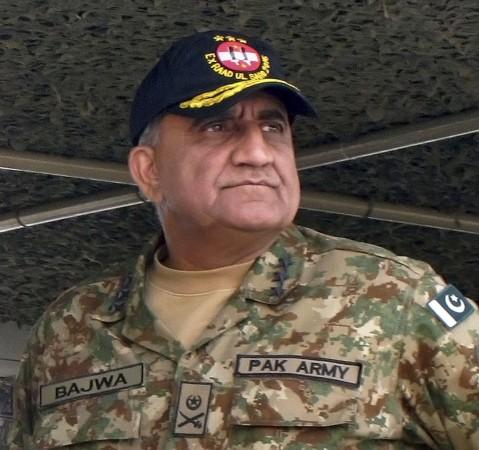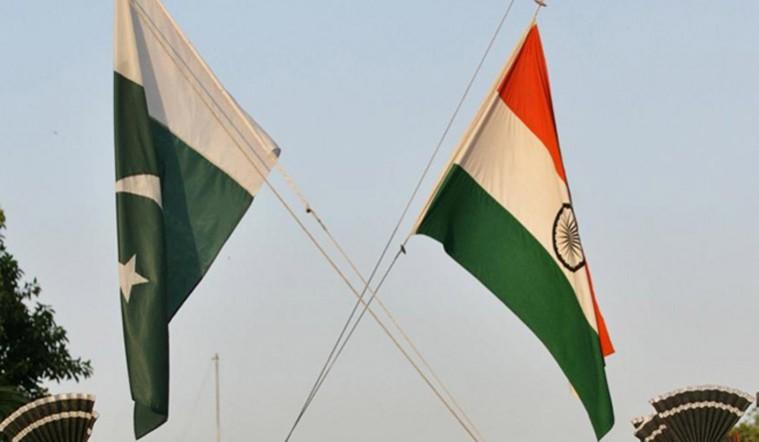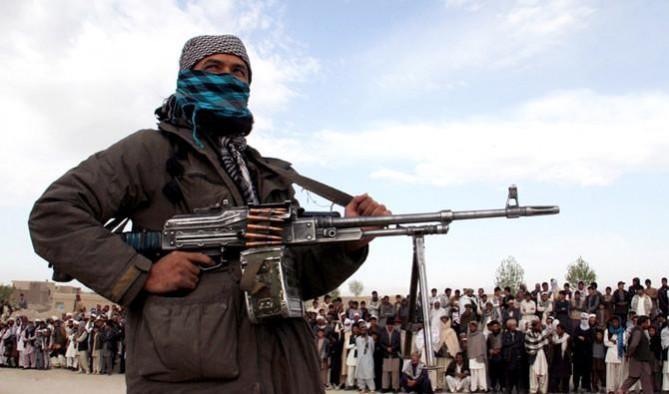Islamabad has always held a tough stance against New Delhi over its policies on Kashmir, either be it stripping Jammu and Kashmir of its special status or imposing a lockdown and suspending telecom services in the Valley.
Amid all, Pakistan Army Chief General Qamar Bajwa's softened stance on Kashmir and talks about "mutual respect, coexistence and a dignified solution with India", triggering new interest in his words, not long after Islamabad directed its diplomats in India not attend the Republic Day ceremonies on January 26.
Addressing the graduating cadets at Pakistan Air Force Academy Asghar Khan, the COAS on Tuesday said that Pakistan is a peace loving country that has rendered great sacrifices for regional and global peace. "We stand firmly committed to the ideal of mutual respect and peaceful co-existence," he said.

Ideals of mutual peace and co-existence
Bajwa who has always claimed that Pakistan would never compromise on Kashmir "at any cost" is now saying that it is time to extend the olive branch in all directions.
"Pakistan and India must also resolve the long-standing issue of Jammu and Kashmir in a dignified and peaceful manner as per the aspirations of people of Jammu and Kashmir and bring this human tragedy to its logical conclusion," the Pakistani COAS emphasised.
"However, we will not allow anybody or any entity to misinterpret our desire for peace as a sign of weakness," he said further, adding that the armed forces of his country are fully capable and prepared to thwart any threat.
The Pakistan Army Chief's remarks concerning India are being viewed as a signal of a change in outlook and a desire for improvement in bilateral ties that has now been disrupted for over eight years.
However, standing on its point, New Delhi has repeatedly said that talks and terror cannot go hand-in-hand and Pakistan should take demonstrable steps against terror groups operating from its soil responsible for terror attacks in India.
Diplomacy of backchannel dialogue

But why has Pakistan suddenly adopted the drasticchange of tone on Kashmir? Did the two sides hold a Track-II level dialogue and backchannel diplomacy recently?
The last unofficial talks were attended by Pakistani foreign ministry officials and former envoys of both countries among others in July, 2019, ahead of a formal dialogue between the two sides on the Kartarpur corridor.
The use of diplomacy over the years has not been able to resolve the dispute on Kashmir. The International Institute of Strategic Studies (IISS), a UK-based think tank, has said in its report that the absence of any such diplomacy for a longer duration of time would definitely widen the scope for misunderstanding and misperceptions between India and Pakistan.
Pakistan under international pressure
Though Bajwa did not mention anything regarding his country's intent to suppress the state-sponsored terrorism as usual, he was quick to boast the "great improvement in the internal security environment" as well as the critical role played by Pakistan Air Force in 'war on terror'.
It needs to be noted that Pakistan has already reached its D-Day. The Financial Action Task Force (FATF) will hold a plenary meeting this month, to judge whether the country should remain in grey-list or blacklisted over its actions to curb terror financing and money laundering.

Though recent reports have stated that Pakistani officials have urged the Paris-based watchdog to remove the country from the grey list, the country does need the help of its neighbouring nations, especially India, to act as witness to its reformed agendas and actions on curbing the breed of terrorism on its soil.
Since it is no longer the former Trump era, where the Imran Khan government could expect some help, Islamabad knows that US President Joe Biden would have his own policies drawn on South Asia, which is expected to be vastly different from the previous administration.
Offer of India-made Covid vaccines
This week, India invited Pakistani diplomats to take Covid vaccine as part of its programme to vaccinate diplomats under the COVID-19 vaccination drive that is underway across the country.
The invite to the foreign officials to get inoculated in the country is seen as a part of the Modi government's effort to ease the diplomatic communication between the two sides.
New Delhi is still waiting for a response from the other side as Pakistan is yet to decide if it will send its diplomats to take part in India's vaccination drive but the humanitarian offer may have been an added reason for Bajwa's change of hard stance.
It is not the first time, but India, on the past occasion, has also reached out to its neighbours, including Nepal, Bangladesh, Maldives and Sri Lanka, on how they have been dealing with the COVID-19 crisis and also gifted vaccines to continue the inoculation drive.

















